What happens in the Vagus doesn't stay in the Vagus!

Vagus Nerve and the Gut/Brain Axis
If you have ever had the opportunity to visit Las Vegas and when you got home, people might ask you what you did when you were there. The most common answer is, "What happens in Vegas stays in Vegas." Today we will address a similar-sounding part of our body called the vagus nerve. The vagus nerve is the longest in the human body, stretching from the brainstem to the bottom of our intestinal tract, and what happens in the vagus nerve doesn't stay in the vagus nerve, as you will see in this discussion.
The vagus nerve is a bidirectional neurologic superhighway extending nerve fibers into nearly every organ in the body. It controls heart and respiratory function and connects the central nervous systems or brain to our guts. Up to 80-90% of the signals are initiated from the vagus nerve to our brain.
The interplay between the gut, brain, and nervous systems has gained significant attention recently. Key to this complex connection is the vagus nerve, a major component of the autonomic nervous system. However, the microbiome's influence, the diverse community of microorganisms residing in our gut, on this relationship is increasingly recognized.
The gut-brain axis refers to the bidirectional communication network between the gut and the brain, allowing for constant dialogue and interaction. This axis involves multiple components, including the vagus nerve, which is a significant pathway for this communication. It facilitates the exchange of information and signals between the gut and the brain, impacting various physiological processes and overall well-being.
The vagus nerve, the longest cranial nerve in the body, is pivotal in regulating the gut-brain axis. The vagus nerve facilitates bidirectional communication between the gut and brain through its intricate web of sensory and motor fibers. It influences several essential aspects of the gut-brain connection:
Sensory Pathway: The vagus nerve transmits sensory information from the gastrointestinal tract to the brain. It relays signals related to gut motility, nutrient availability, gut microbial composition, and the presence of harmful substances. This information allows the brain to assess the gut's state and respond accordingly.
Neurotransmitter Regulation: The vagus nerve modulates the release of neurotransmitters in the gut, including serotonin, GABA, and acetylcholine. These neurotransmitters regulate mood, appetite, digestion, and gut motility. Dysregulation of the vagus nerve can impact neurotransmitter levels, leading to various physical and mental health conditions.
Immune Response: The vagus nerve exerts an anti-inflammatory effect in the gut. Through its connections with immune cells and the gut lining, it helps maintain immune homeostasis. Dysfunctional vagus nerve signaling can disrupt this balance, contributing to chronic inflammation and increased susceptibility to immune-related diseases.
The gut microbiome, comprised of trillions of microorganisms, including bacteria, viruses, and fungi, influences the gut-brain axis. The microbiome's composition and activity have profound effects on both the vagus nerve and brain function:
Vagus Nerve Interaction: The microbiome interacts with the vagus nerve through various mechanisms. Gut microbes produce metabolites, such as short-chain fatty acids, neurotransmitters, and neuroactive compounds that can stimulate or inhibit vagus nerve signaling. Microbes can also directly interact with vagal afferent fibers or influence the integrity of the gut lining, thereby affecting vagus nerve function.
Neurotransmitter Production: Gut microbes play a crucial role in the production and regulation of neurotransmitters, including serotonin, dopamine, and GABA. These neurotransmitters impact mood, cognition, and behavior, highlighting the microbiome's influence on brain function and mental health.
Immune and Inflammatory Response: The gut microbiome helps shape the immune system and modulate inflammation. An imbalance in the microbial community, known as dysbiosis, can lead to increased gut permeability, systemic inflammation, and aberrant immune responses. This dysregulation can impact vagus nerve signaling and contribute to neuroinflammation and neurological disorders.
Cultivating a healthy microbiome is crucial for optimizing the gut-brain axis and vagus nerve function. Here are some strategies to support a thriving microbial community:
Diet: Consuming a diverse range of plant-based foods, including fruits, vegetables, whole grains, and fermented foods, promotes microbial diversity and supports a healthy microbiome. Prebiotic-rich foods like onions, garlic, and asparagus nourish beneficial gut bacteria
Probiotics and Fermented Foods: Probiotics, live bacteria that confer health benefits, can be obtained through supplements or fermented foods like yogurt, kefir, and sauerkraut. These can help introduce beneficial strains to the gut and promote microbial balance.
Minimize Antibiotic Use: Antibiotics can disrupt the gut microbiome by indiscriminately killing harmful and beneficial bacteria. Judicious use of antibiotics should be practiced, and probiotics may be helpful during and after antibiotic treatment.
Manage Stress: Chronic stress can disrupt the gut-brain axis and alter the microbiome's composition. Stress-reducing activities like meditation, exercise, and adequate sleep can support a healthy gut-brain connection.
The intricate link between the vagus nerve, the gut-brain axis, and the microbiome highlights the importance of a harmonious relationship for overall health and well-being. The vagus nerve serves as a crucial pathway for communication between the gut and the brain, while the microbiome influences this connection through various mechanisms.
Nurturing a healthy microbiome through a balanced diet, probiotics, and stress management can optimize the gut-brain axis and vagus nerve function. A healthy diet supports mental and physical health, potentially mitigating the risk of disorders associated with gut-brain dysregulation.
As scientific understanding of this complex relationship grows, further research is needed to uncover the intricate mechanisms and develop targeted interventions for individuals with gut-brain axis imbalances. By recognizing the significance of the vagus nerve and the microbiome, we can pave the way for novel approaches to improve overall health and well-being.
My staff and I would like to help you with questions regarding the vagus nerve and how it relates to gut health, so please call with questions or to schedule a consultation. Please visit my website at www.irsfeldpharmacy.com to find this and other archived articles in the blog section.
Until next time, be vigilant about your health!!
VISIT US
HOURS
HOURS
CONTACT US
Fax #: (701) 483-4926



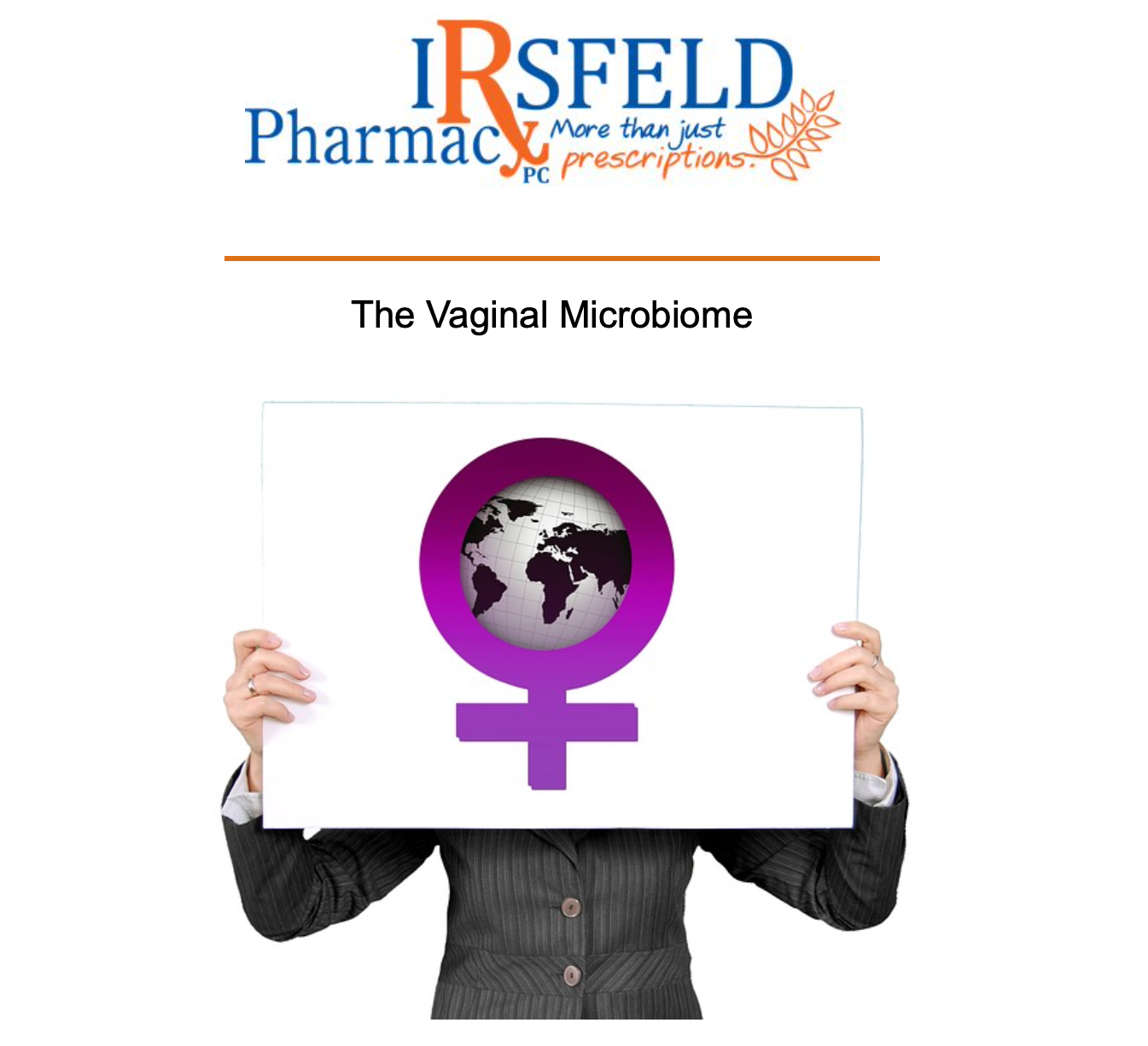
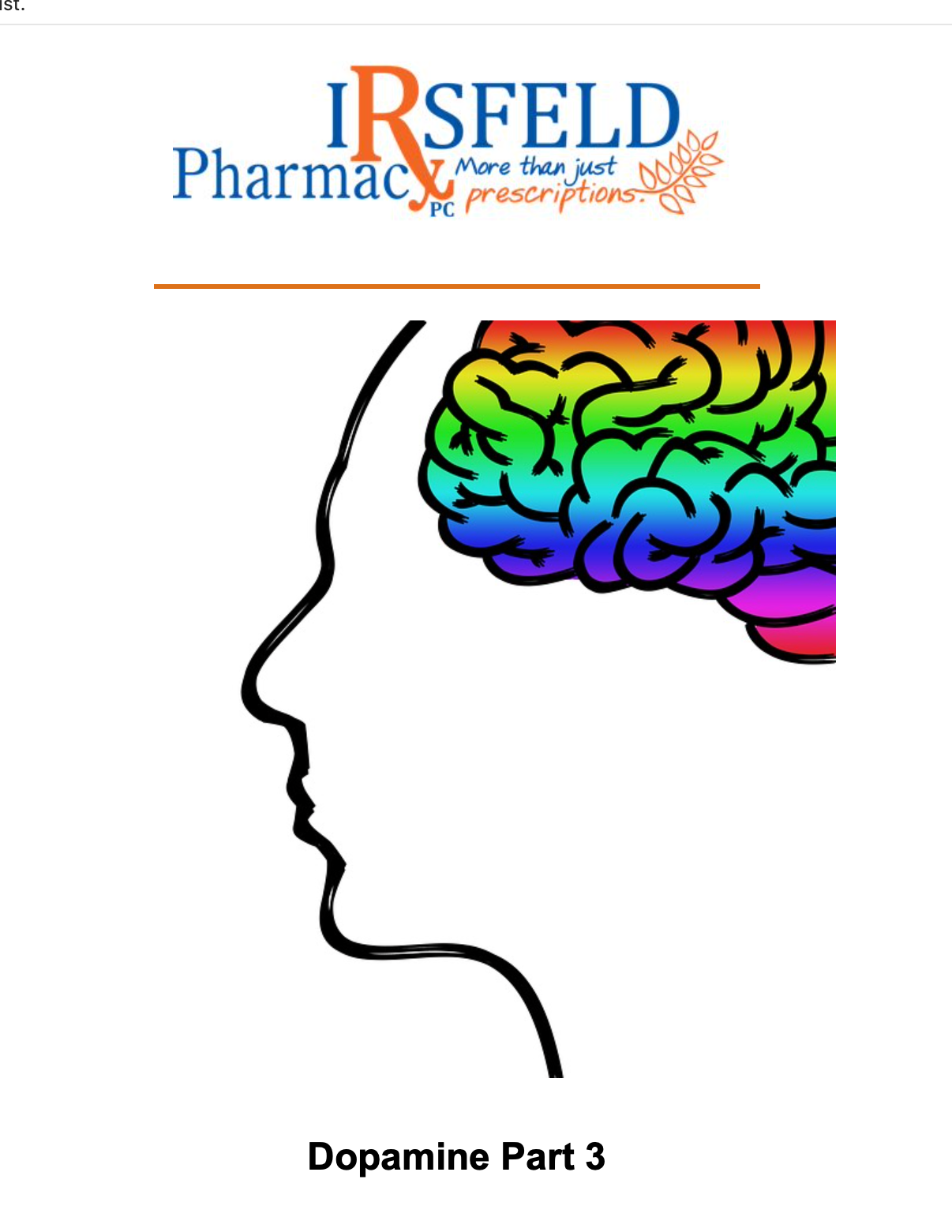

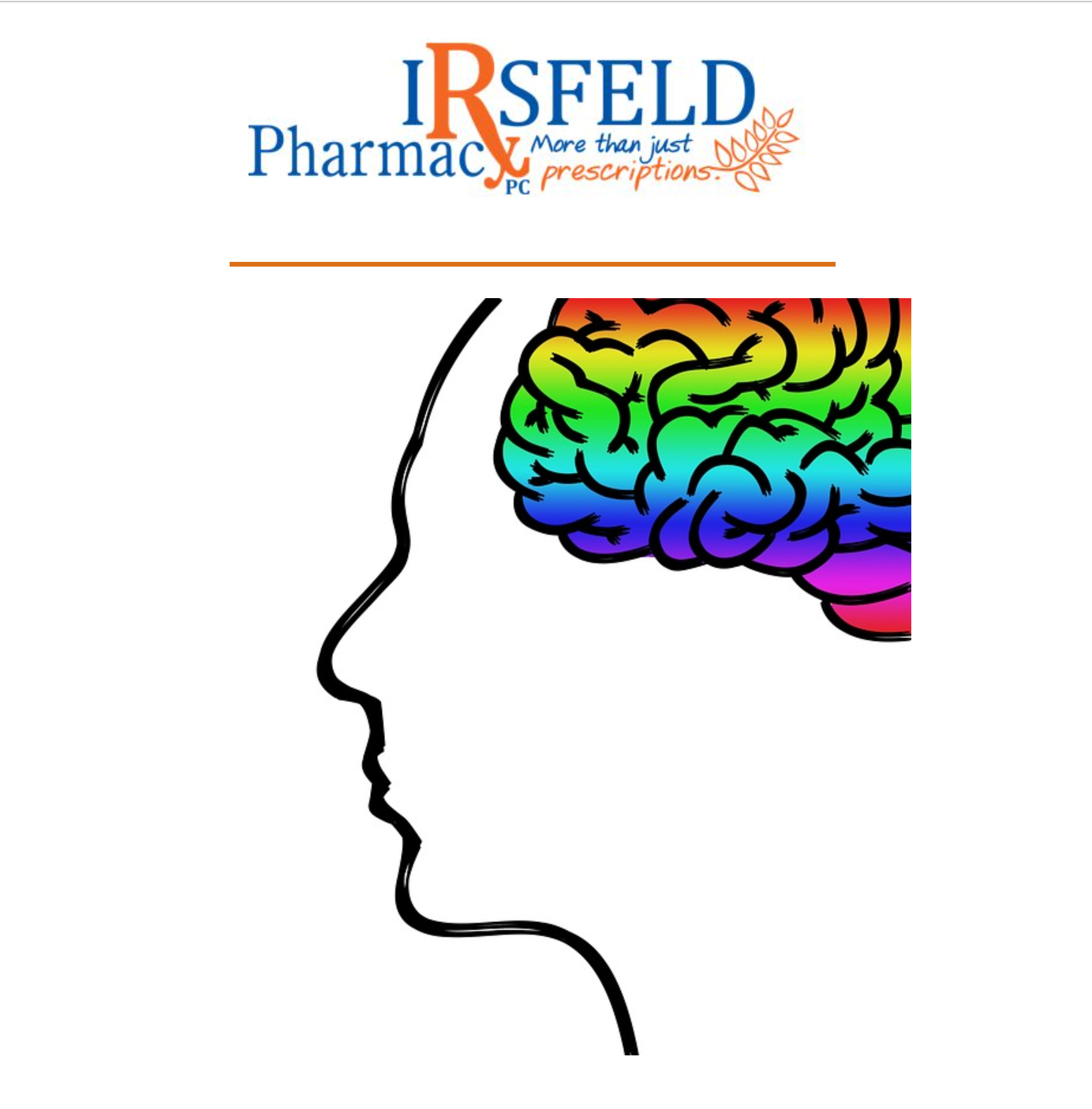
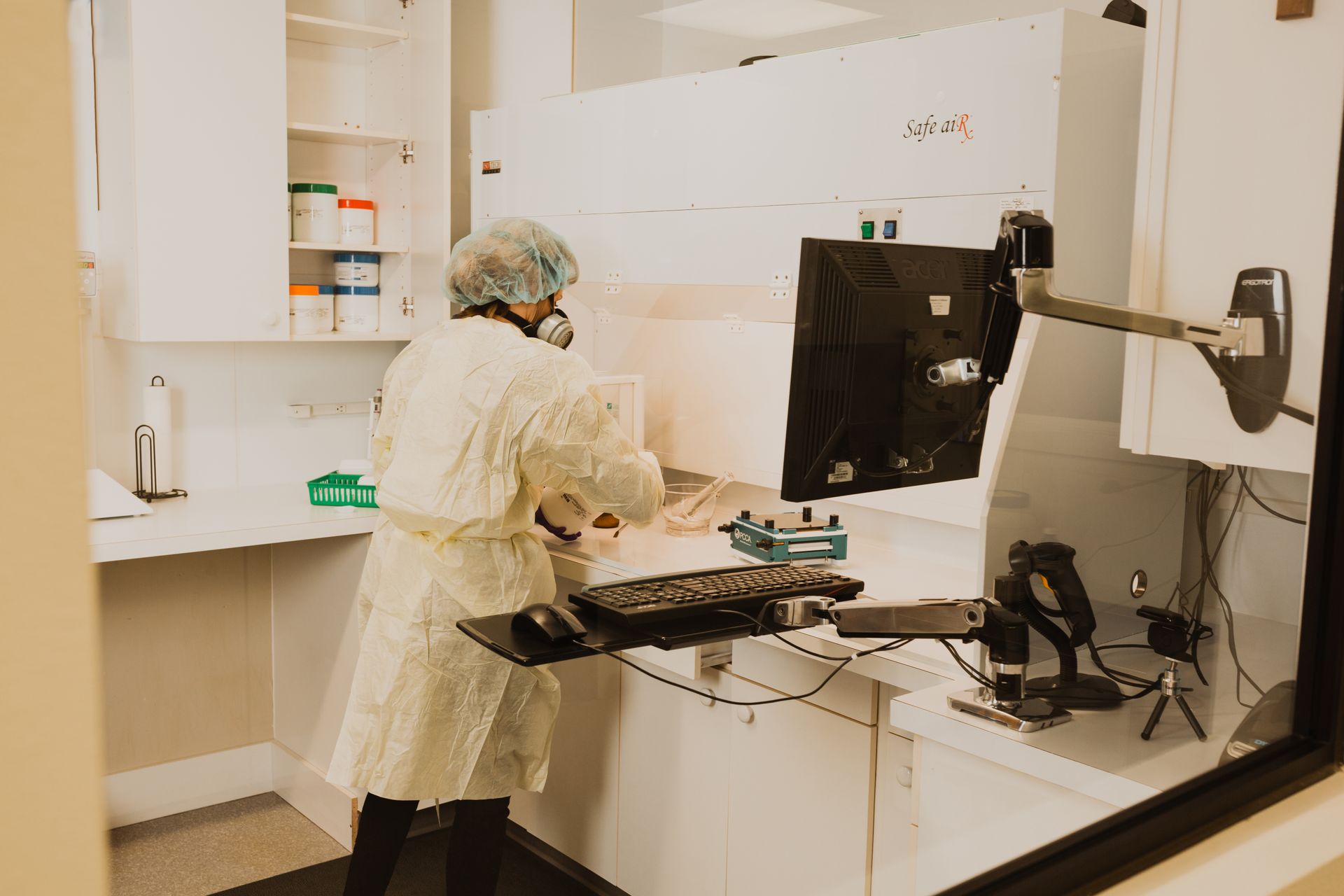


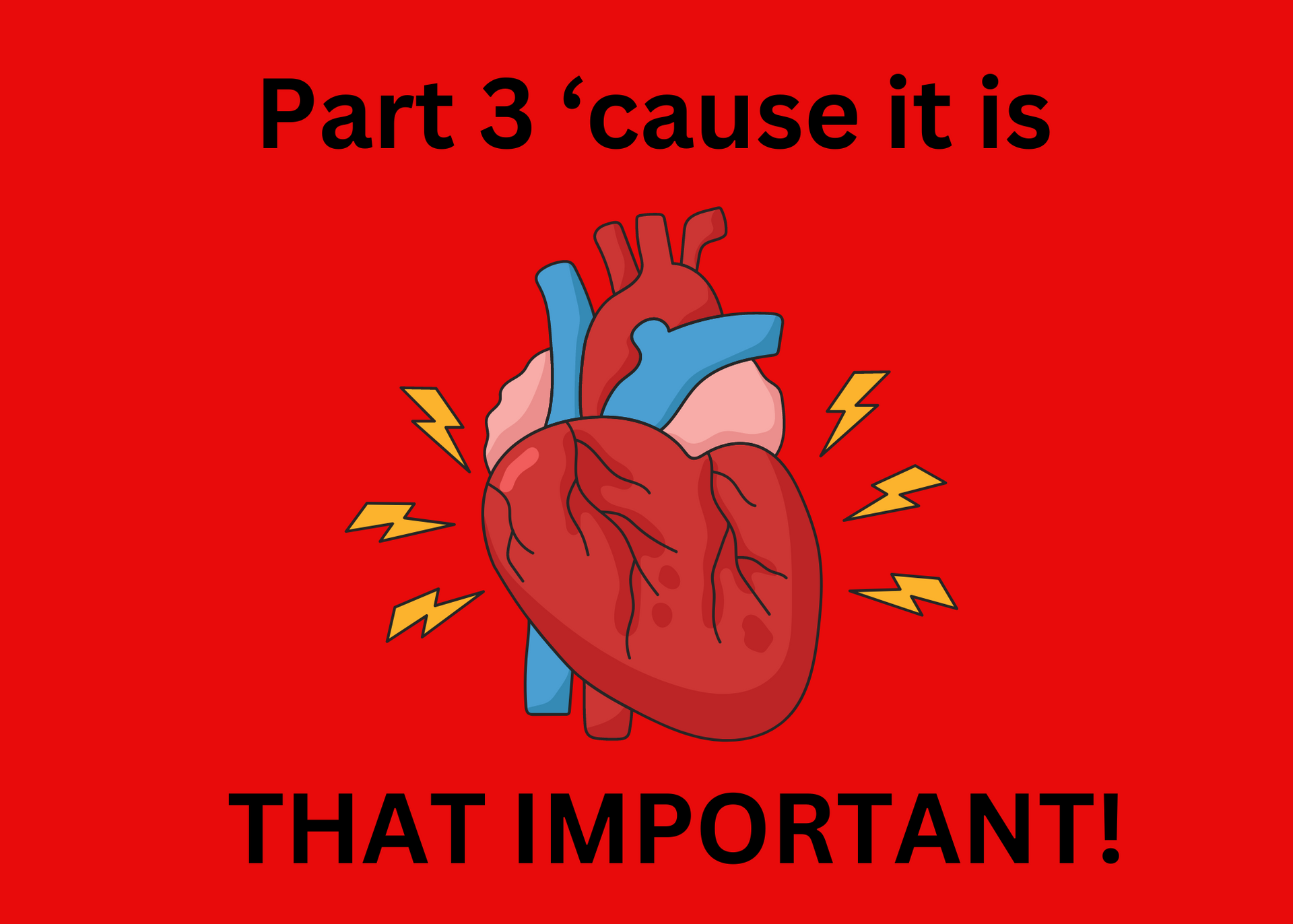
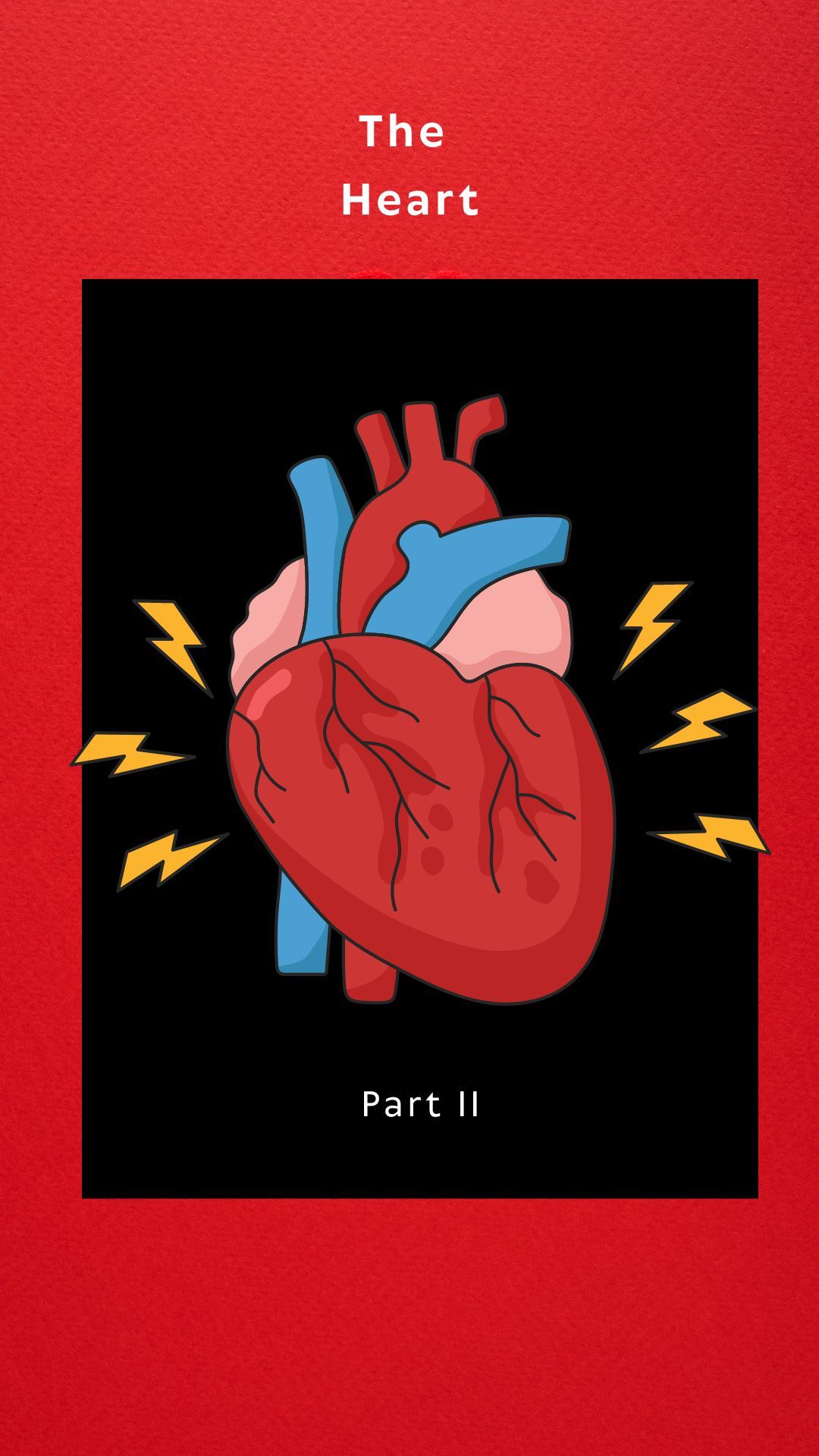
Share On: